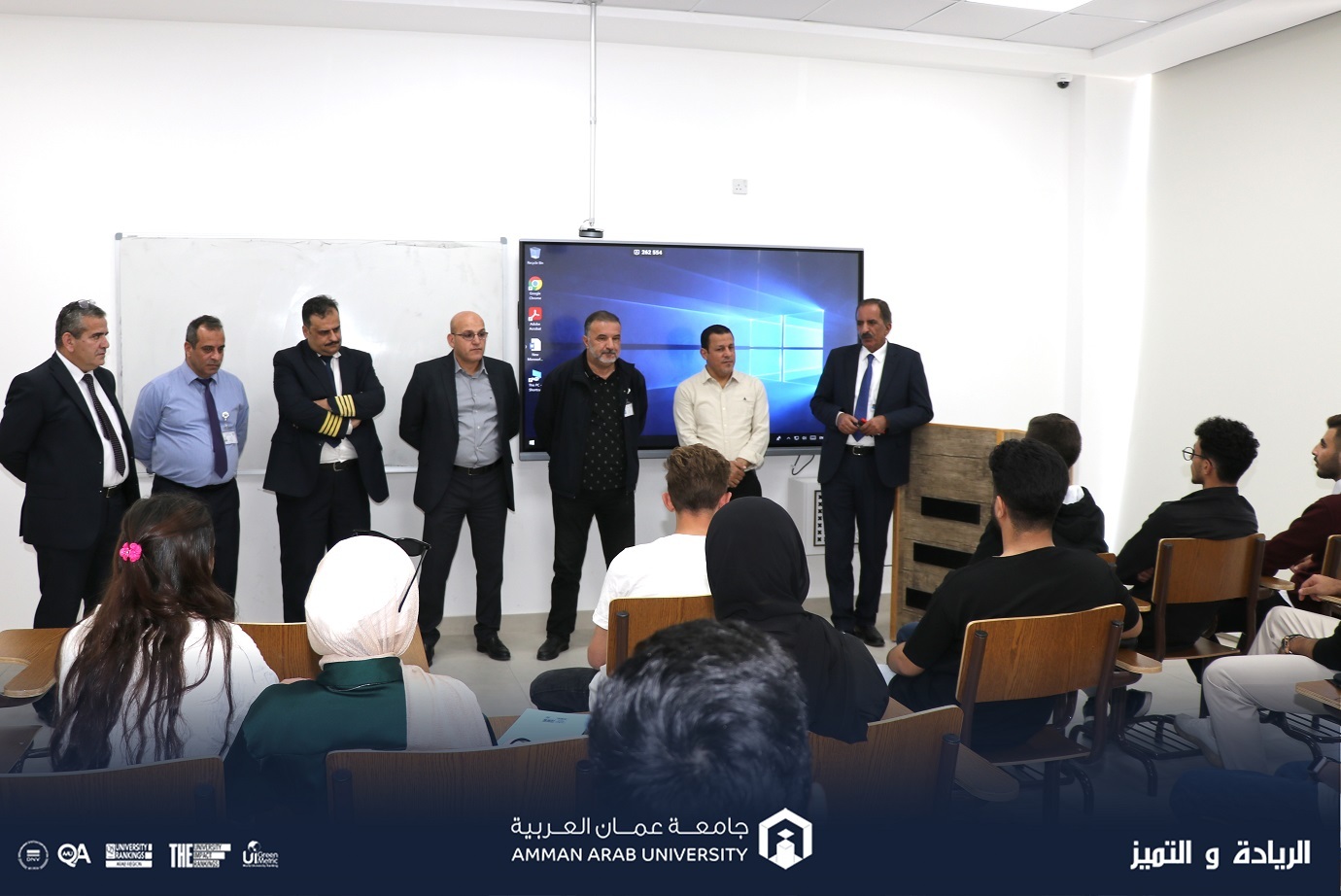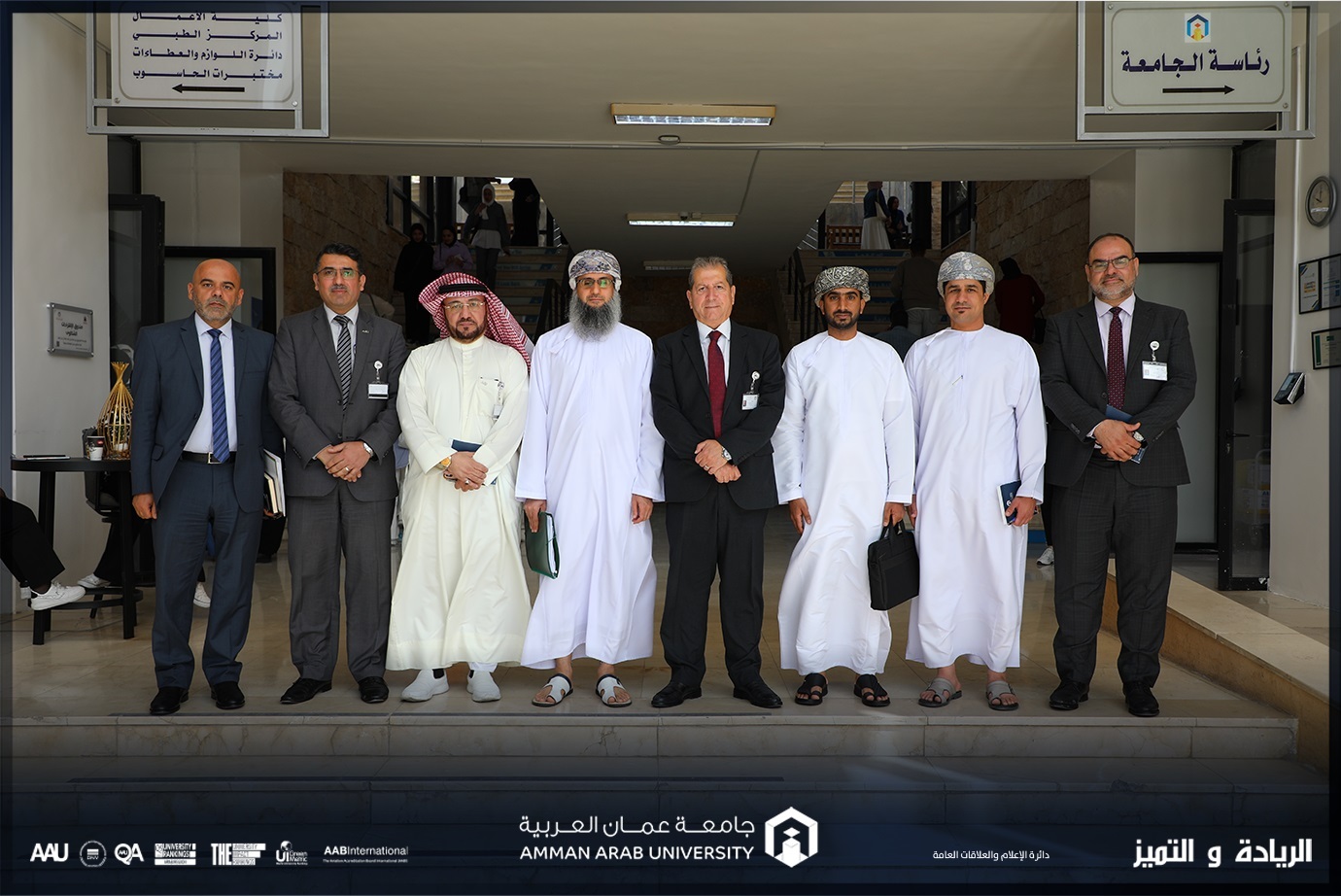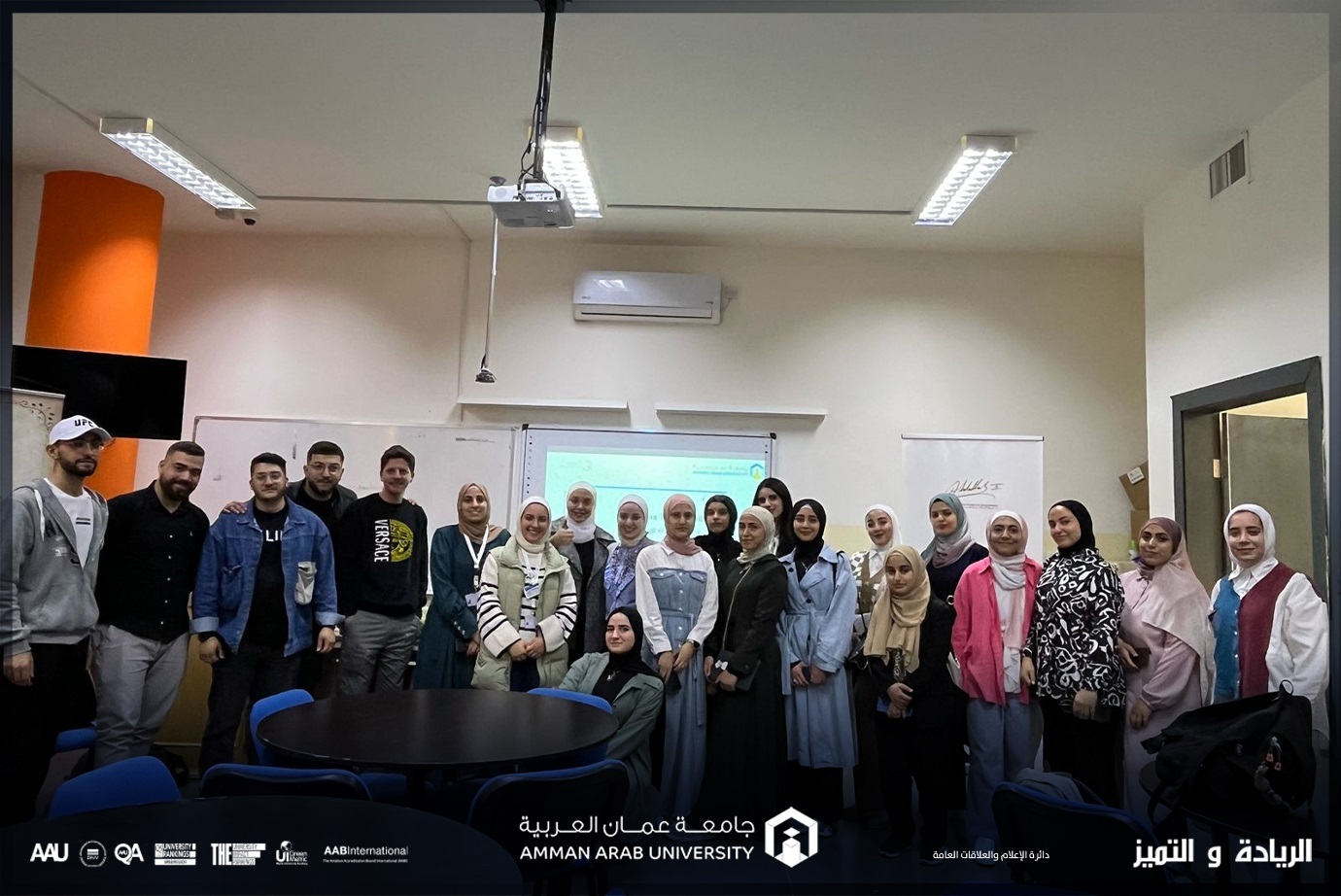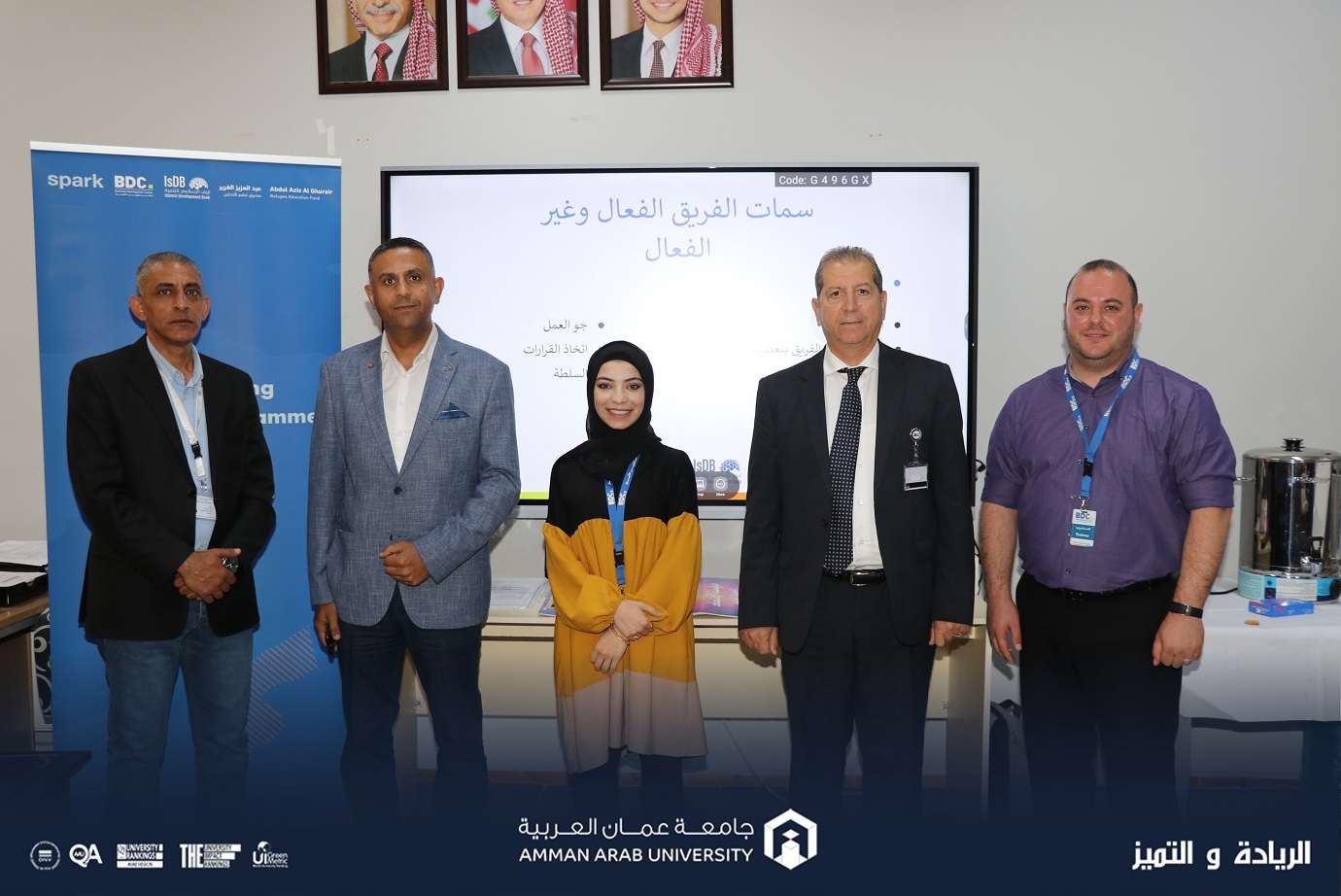The Fourth Industrial Revolution and the Future of University Education
By: Prof. Dr. Younes Megdadi
Interested people and writers have indicated that we live in the era of the Fourth Industrial Revolution, which is associated with new innovative technologies, which occupied the minds of decision-makers in all economic sectors due to their importance in developing companies in light of the rapid technological development, which prompted decision-makers to search for qualified cadres with these technologies to attract them, including artificial intelligence., block chain, robotics, virtual reality, quantum computing, big data, nanotechnology, Internet of things, 3D technologies, cyber security... ect. which have become known to specialists and academics in these fields, and at the same time all sectors realized that these technologies are the key For the future of its industries and services, and therefore we find there is great interest in these technologies, which have become the focus of thought and interest for students wishing to study at university, given that these disciplines are rare specializations in the labor market in light of the so-called Fourth Industrial Revolution, which was produced by the knowledge economy.
Hence, universities have realized as a strategic partner for the labor market to reconsider their programs in the light of those technological trends with innovative techniques, which imposed themselves on the academic decision in universities in preparation for directing its compass towards innovative academic programs with new technologies, while making sure to move away from traditional programs known to all for their problems in terms of the absence of opportunities Graduate recruitment.
In this, we have noticed recently the phenomenon of universities racing towards the development of new programs that flow into this new direction so that universities maintain their leading role in achieving integration with the labor market in its various sectors, but observers of university academic affairs believe that the process of creating new academic programs still needs controls to avoid the huge number of graduates expected after a short period of time, which may exceed the needs of the labor market sectors, which brings us back to the same square.
If we look closely at the job opportunities available in the labor market locally and regionally for these disciplines, we will find that there is a clear weakness because companies or institutions in the different economic sectors have not changed their job titles and descriptions in line with these new disciplines as they are future jobs for graduates. Taking into consideration the new division of jobs between people, technology and algorithms, which made the recruitment process one of the outstanding and annoying issues for decision-makers in various economic sectors, and this will ultimately make universities confused and discover the gap between them and the labor market in its sectors on the one hand, and job opportunities for graduate students for those new specialties With new technologies.
The future prospects for universities and their new academic programs with innovative technologies in the light of limited employment opportunities despite our conviction and a lot of the importance of these disciplines in the era of knowledge and their future role in various aspects of our personal, professional and institutional lives, but we hope to deal with them with a horizon and foresight to ensure the future of future generations functionally and far away about the frustrating challenges that some expect in the near future, God forbid.







